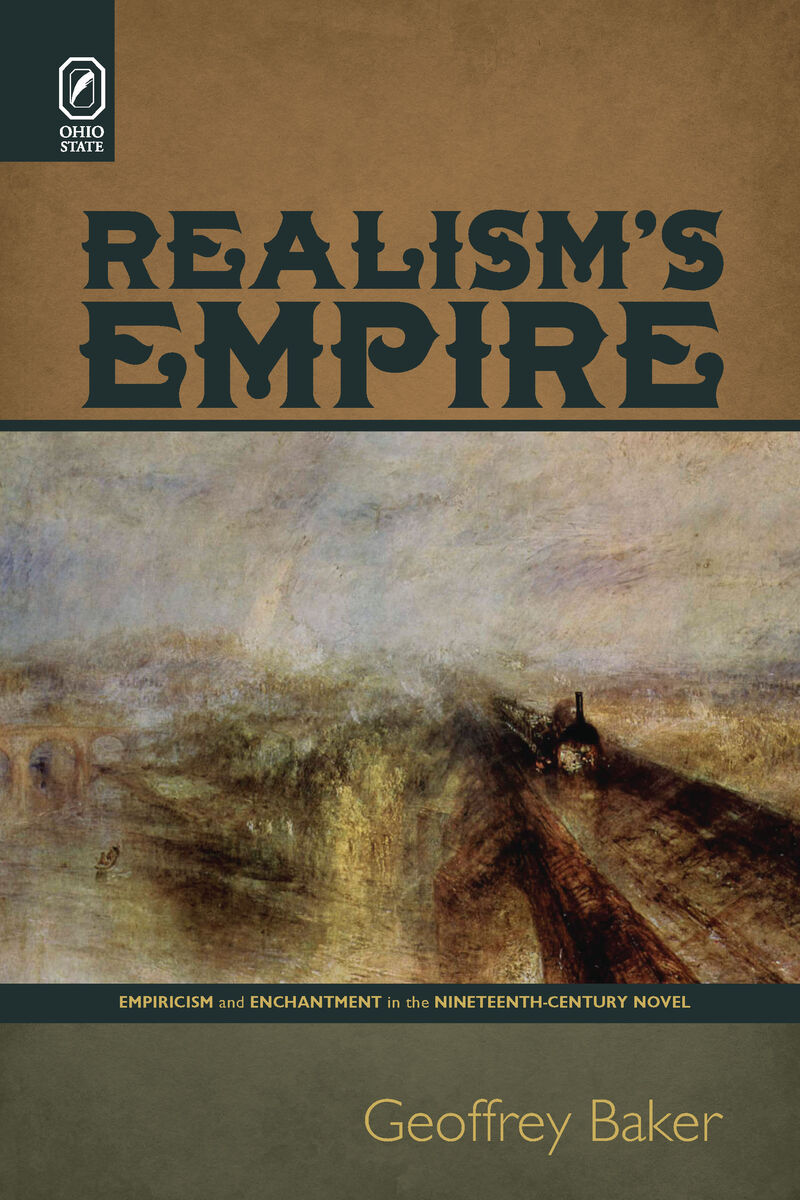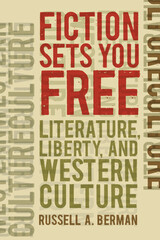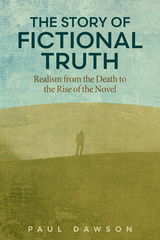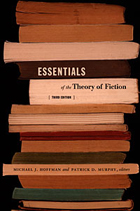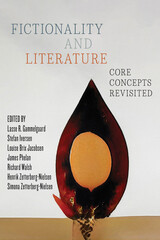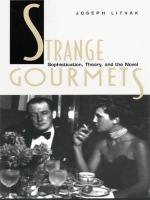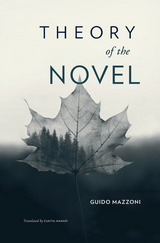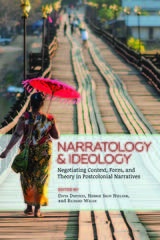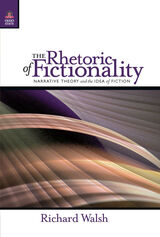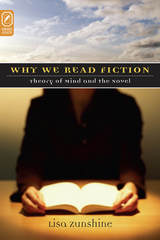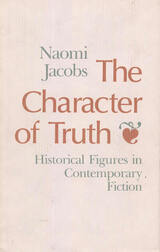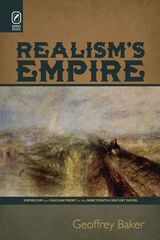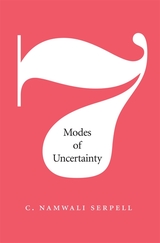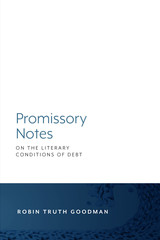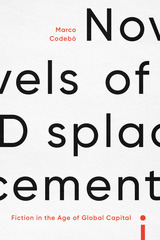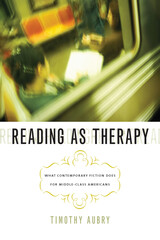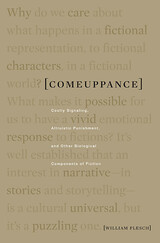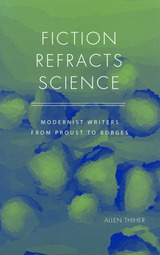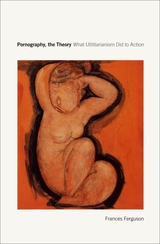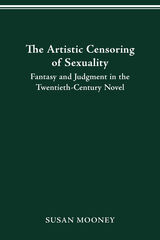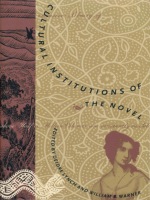Realism's Empire: Empiricism and Enchantment in the Nineteenth-Century Novel
The Ohio State University Press, 2009
Cloth: 978-0-8142-1098-7 | Paper: 978-0-8142-5610-7 | eISBN: 978-0-8142-8013-3 (individual) | eISBN: 978-0-8142-7140-7 (institutional)
Library of Congress Classification PN3340.B35 2009
Dewey Decimal Classification 809.912
Cloth: 978-0-8142-1098-7 | Paper: 978-0-8142-5610-7 | eISBN: 978-0-8142-8013-3 (individual) | eISBN: 978-0-8142-7140-7 (institutional)
Library of Congress Classification PN3340.B35 2009
Dewey Decimal Classification 809.912
ABOUT THIS BOOK | AUTHOR BIOGRAPHY | REVIEWS | TOC
ABOUT THIS BOOK
If realist novels are the literary avatars of secular science and rational progress, then why are so many canonical realist works organized around a fear of that progress? Realism is openly indebted, at the level of form and content, to imperialist and scientific advances. However, critical emphasis on this has obscured the extent to which major novelists of the period openly worried about the fate of mystery and the dissolution of tradition that accompanied science’s shrinking of the world. Realism’s modernization is inseparable from nostalgia.
In Realism’s Empire: Empiricism and Enchantment in the Nineteenth-Century Novel, Geoffrey Baker demonstrates that realist fiction’s stance toward both progress and the foreign or supernatural is much more complex than established scholarship has assumed. The work of Honoré de Balzac, Anthony Trollope, and Theodor Fontane explicitly laments the loss of mystery in the world due to increased knowledge and exploration. To counter this loss and to generate the complications required for narrative, these three authors import peripheral, usually colonial figures into the metropolitan centers they otherwise depict as disenchanted and rationalized: Paris, London, and Berlin. Baker’s book examines the consequences of this duel for realist narrative and readers’ understandings of its historical moment. In so doing, Baker shows Balzac, Trollope, and Fontane grappling with new realities that frustrate their inherited means of representation and oversee a significant shift in the development of the novel.
See other books on: Empiricism | Enchantment | French literature | German literature | Realism in literature
See other titles from The Ohio State University Press
